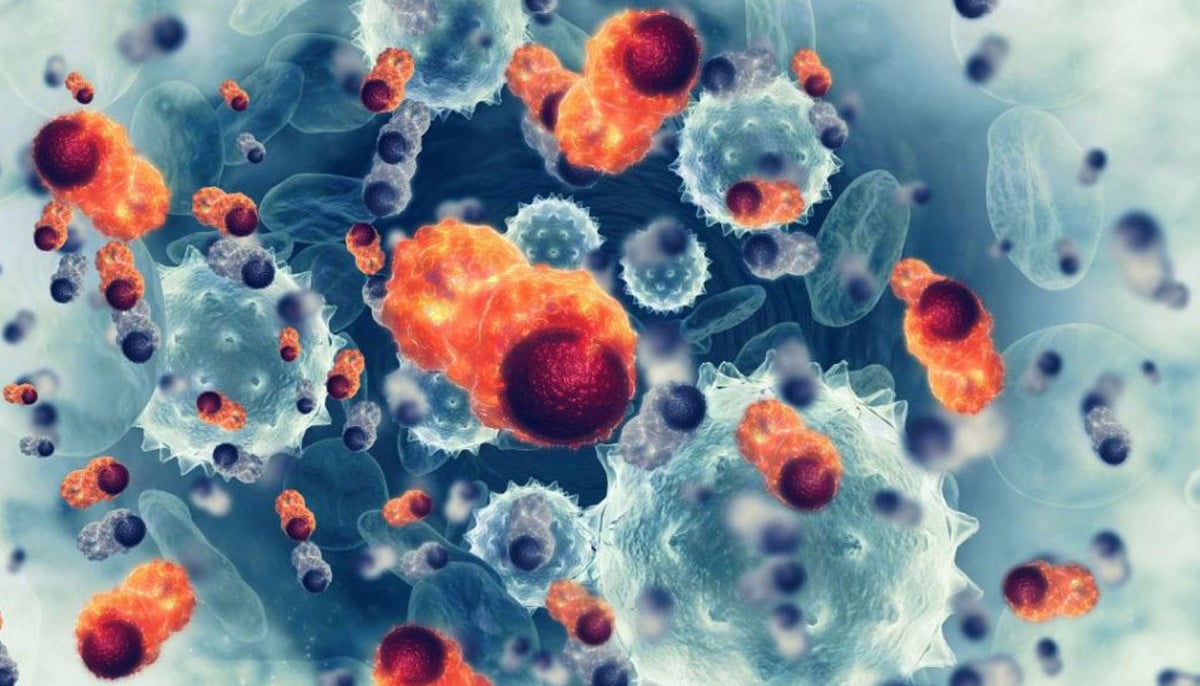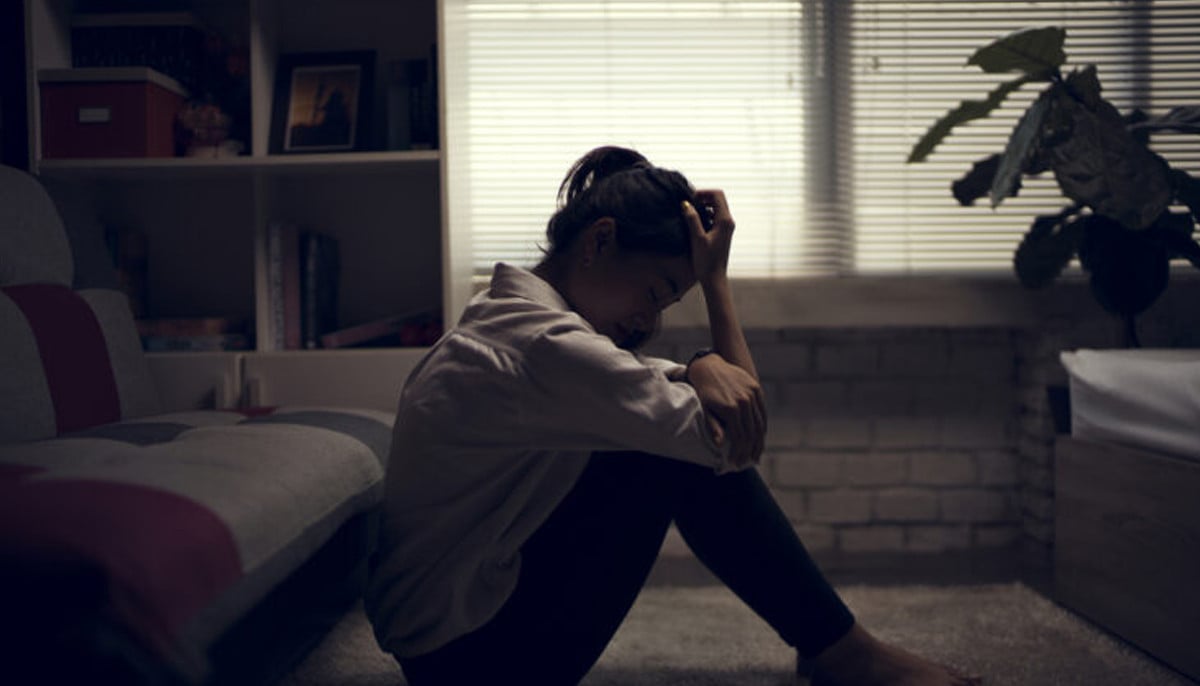This small change in routine can transform your life
Participants of research felt much happier and less depressed by following this routine just for two weeks
A new study published in the Journal of Public Health has shown that spending just 30 minutes less on social media than usual and replacing it with exercise or any physical activity can significantly contribute to better mental health.
Participants of the research at the Ruhr University Bochum in Germany felt much happier and less depressed by following this routine just for two weeks. They reported being more satisfied compared to the control group (participants of the study who did not follow the routine).
What is even more surprising and interesting is that the benefits lasted for up to six months after the study had ended.
The pandemic made people even closer to social media platforms and anxiety shot up during the lockdowns. Too much scrolling, however, leads to addictive behaviours and an unhealthy attachment to these platforms.
The study included 642 participants divided into four groups. Members of one group were asked to reduce time spent on social media by 30 minutes. The second group was asked to continue social media use like they do but also add 30 minutes of exercise to their routine. The third group was instructed to do both: reduce social media and replace it with physical activity. The fourth group was asked to change nothing.
The duration of the experiment was two weeks.
Questionnaires kept a check on all the participants of the study before, during, and till six months of the two-week trial period.
Findings demonstrated a positive correlation between less time on media and more physical activity. A significant reduction in depressive symptoms was observed in participants who followed the combined approach.
“This shows us how vital it is to reduce our availability online from time to time and to go back to our human roots,” study leader and assistant professor Dr Julia Brailovskaia said.
-
All you need to know guide to rosacea
-
Prevent cancer with these simple lifestyle changes
-
Experts reveal keto diet as key to treating depression
-
Skipping breakfast? Here are some reasons why you shouldn't
-
Sciences reveals shocking body response against heart attack
-
Anti-inflammatory teas to keep your gut balanced
-
Emma Stone reveals she is ‘too afraid’ of her ‘own mental health’
-
5 simple rules to follow for smooth, healthy hair












